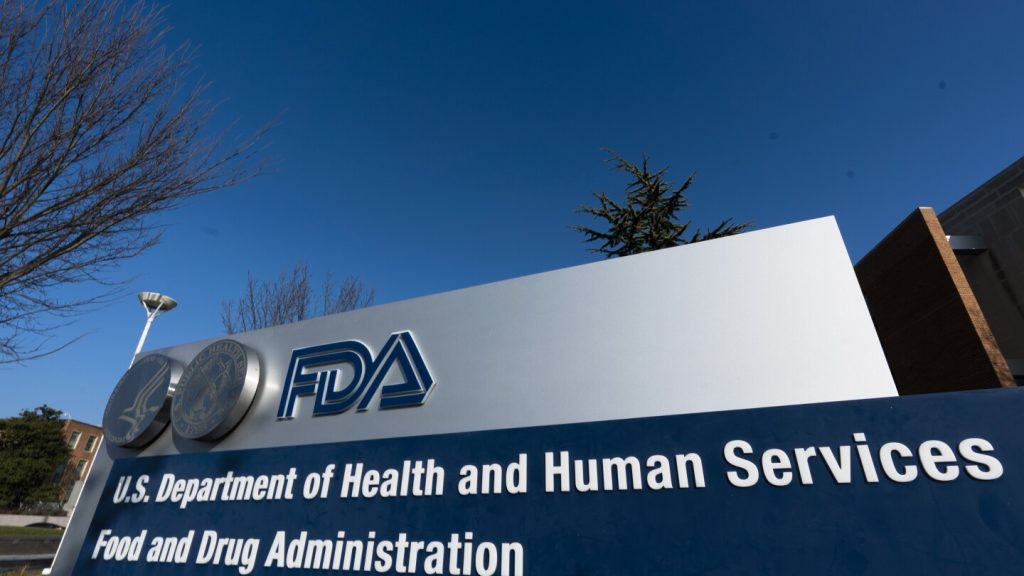Federal health regulators have declined to approve the psychedelic drug MDMA as a therapy for PTSD, a setback for groups seeking to use mind-altering substances to treat serious mental health conditions. The FDA notified Lykos Therapeutics that their drug could not be approved based on data submitted and requested an additional late-stage study, which could take several years and millions of dollars to conduct. The company plans to ask for reconsideration, as they had hoped that approval of MDMA would pave the way for other hallucinogenic drugs to enter the medical mainstream.
The FDA’s decision was expected after a panel of government advisors voted against using MDMA for PTSD in June, citing concerns over research methods and possible risks, including heart problems and abuse. Military veterans have advocated for the use of psychedelic drugs to treat PTSD and other challenging mental health conditions. The FDA stated that the MDMA application had significant limitations that prevent the agency from concluding that the drug is safe and effective for the proposed indication, but will continue to encourage innovation in psychedelic treatments and therapies.
Lykos, a corporate spinoff of the psychedelic advocacy group MAPS, expressed disappointment at the FDA’s request for another study, stating that it could delay access to new treatment options for those suffering from PTSD. Many military veterans and first responders have supported psychedelic therapy as a potential solution for the lack of effective PTSD treatments. While antidepressants are currently the only FDA-approved drugs for the condition, research on combining MDMA with therapy has shown promising results in easing symptoms.
Despite the setback with MDMA, experts believe that other psychedelics may have better luck with FDA approval in the future. MAPS has been a pioneer in researching the medical use of psychedelics, which major pharmaceutical companies have been reluctant to fund. Future reviews of psychedelics by the FDA are expected, as the therapeutic potential of these drugs has gained renewed interest. While the idea of using psychedelics in therapy is not new, the recent resurgence in research and advocacy has led to a more robust exploration of these substances for conditions like depression, addiction, and anxiety.
MAPS’ studies of MDMA began over a decade ago, with dozens of drug developers now studying substances like psilocybin and LSD for various mental health conditions. Two companies are currently conducting late-stage studies of psilocybin for severe depression. Despite the challenges faced by MDMA’s approval, the field of psychedelic research is expected to continue to grow, with more drugs being reviewed by the FDA in the coming years. The support for psychedelic therapy from military veterans, lawmakers, and advocacy groups indicates a strong desire for alternative treatments for mental health conditions.


